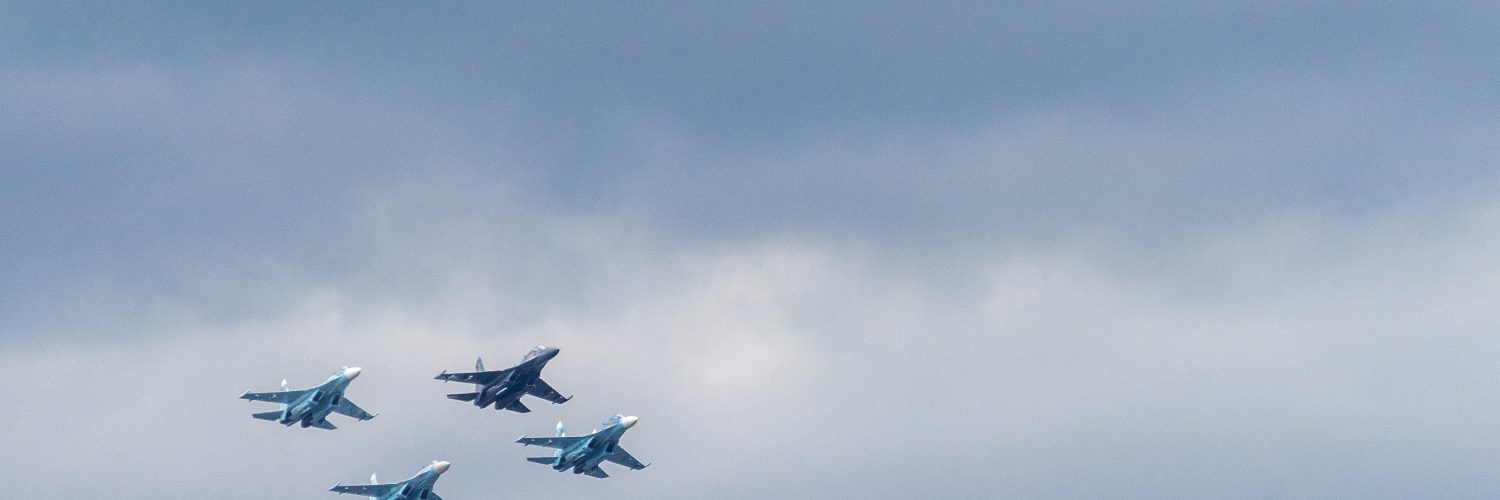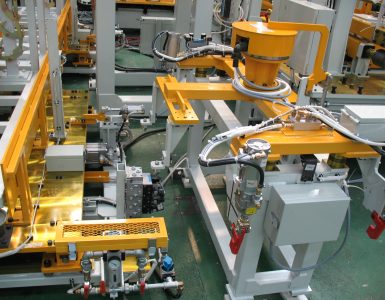Tucson-based Raytheon Missile Systems is one of the world’s largest defense manufacturers, so it only makes sense that the Defense Advanced Research Projects Agency (DARPA) would award them a contract to develop the most advanced missile yet.
The contract, worth $63.3 million, will allow Raytheon Missile Systems to develop Tactical Boost Glide, DARPA’s hypersonic weapons program. These weapons, as described by Raytheon Public Relations Director John Patterson, “are the new frontier of the missile business — the next best thing.”
A Tactical Boost Glide weapon is one that can attain velocities greater than Mach 5, which translates to over 3800 miles per hour; to put that into perspective, these weapons can travel over a mile per second.
Patterson notes that although these missiles won’t be utilized very often, it is important that the military has access to them. “When our adversaries are perfecting these kinds of solutions, it’s imperative that the U.S. matches or exceeds these kinds of weaponry,” Patterson said. “You don’t always need to push the button for a Mach 5 weapon, but if you need a weapon that would travel that fast, then this gives you the ability to do that.”
Raytheon has an annual economic impact of roughly $2.1 billion in Arizona and employs almost 12,000 people; in fact, it is Southern Arizona’s largest private employer. In addition to keeping the country safe from potential dangers, the new contract will help Raytheon Missile Systems to expand their company and increase their economic impact.
“Because of these hypersonic contract wars that we’re winning, we’re adding new infrastructure, buildings, production facilities, and people in order to develop this,” Patterson said. “We can’t really say how many people, but we’re hiring engineers mainly to help us develop these weapons. Because they’re traveling so fast, it’s going to require new kinds of engineers to help these missiles guide accurately.”
Patterson emphasizes that this new contract, like many contracts that Raytheon pursues, is complex. But Raytheon is eager to take on the challenge and improve the country’s national security. “This is a new area; it’s difficult engineering,” he notes. “But Raytheon willingly takes on the Department of Defense’s hardest problems and solves them.”
















Add comment